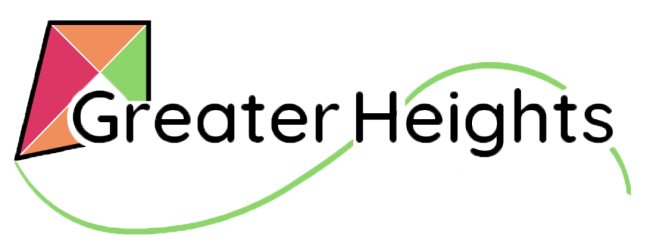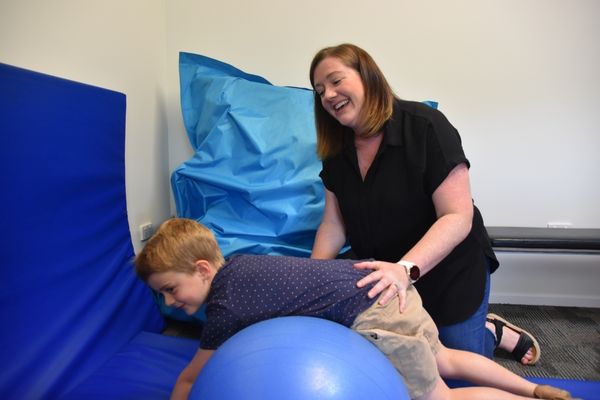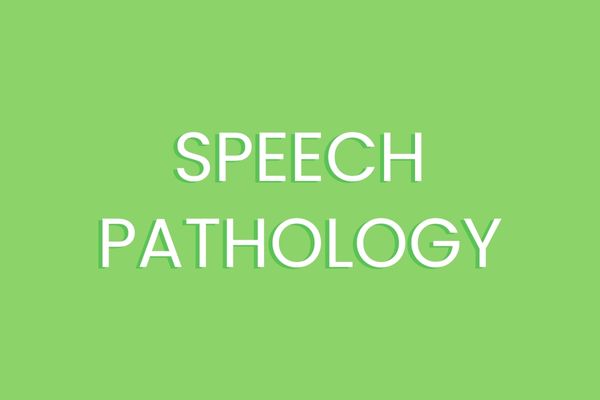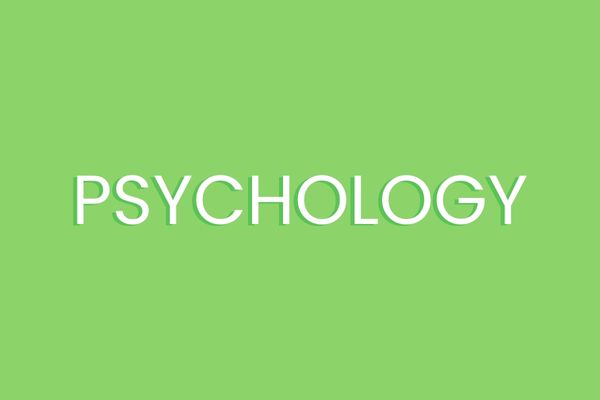Occupational Therapy Toowoomba
Occupational Therapists at Greater Heights
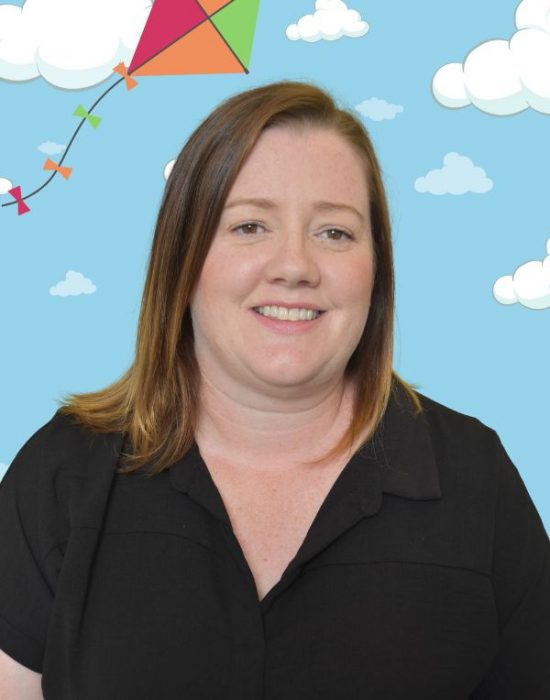
Chelsea Hasted
Occupational Therapist
What do occupational therapists do?
Occupational Therapists work on many areas that help your child in their everyday skills:
GROSS MOTOR SKILLS
Gross motor skills help us to be able to do things like walking and jumping, and they involve the large muscles of the body. Gross motor skills are also dependent on muscle tone and strength.
FINE MOTOR SKILLS
Fine motor skills help us to be able to do things like writing, cutting, getting dressed and tying shoelaces. They involve the small muscles of the body and require fine motor control, dexterity, and strength.
HANDWRITING
The ability to write quickly and easily without tiring.
VISUAL PERCEPTION
Visual perception refers to how we take in information through our eyes and organise it to complete a task.
SELF CARE SKILLS
This includes independently and efficiently being able to do get dressed, clean your teeth, up buttons, tie shoelaces, use cutlery, and get ready for school.
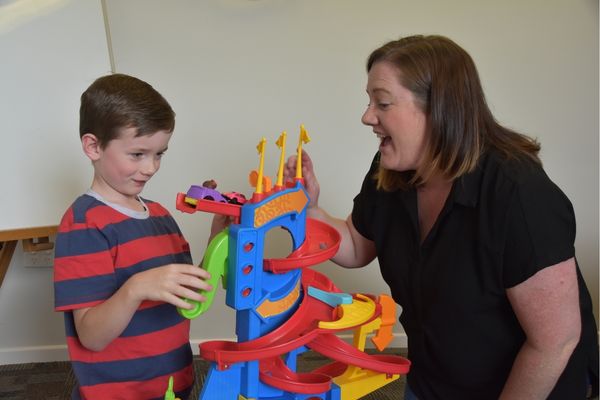
Signs to look out for
Children have an Occupational Therapy assessment when they may be having difficulty with one or some of the following areas:
- balance or coordination
- self-care such as buttons, zippers, shoelaces or getting dressed
- sequencing the steps in a task such as packing the school bag
- postural control – for example, they slouch when they sit or stand, or put their head on the desk when they write
- avoiding writing, colouring, or cutting
- handwriting is slow or messy, and letters may be poorly formed
- movements are awkward or clumsy and they may avoid sports
- over-reacting or under-reacting to sensory stimulation
- organisational skills
- executive functioning
Occupational Therapy Assessments
Occupational Therapy assessments are carried out in a relaxed, fun-filled environment. Very often, children won’t even realise that they are completing assessment tasks.
We use tests that are either standardised or norm-referenced. At the end of the assessment, we will discuss with you the outcomes of the assessment and make recommendations depending on the strengths and weaknesses of your child’s development and learning.
Planning for therapy is based on the therapist’s assessment, the child’s ability to use skills during activities of daily living, and the parents’, teachers’ and carers’ main concerns. We develop achievable goals for your child and set up therapy sessions to fit with the family timetable.
Finally, we draw up a list of step-by-step goals and objectives. We use these as our intervention guide.
Occupational Therapy Intervention
Most importantly, therapy sessions have a strongly focus around fun and engaging children in the most positive way. However, every activity very specifically targets intervention goals. We know that when children are enjoying the activity they are doing, then they learn better. There is close involvement with family members and other carers. Occupational therapy is about transitioning skills into the home and other environments that are important for the individual child.
Duration of sessions
Individual sessions are usually once a week or once per fortnight, but this is dependent on the needs of your child. If an effective home maintenance program has been established, some clients may only need to attend the clinic on a monthly basis. Individual Occupational Therapy sessions are usually 45 minutes to 1 hour in duration. Your child will have specific goals that intervention will address. We track these goals and can show you your child’s progress after every session. Activities need to be followed through at home as the ultimate aim is use newly acquired skills beyond the clinic room, and we will work with each family to achieve this.
Working with other professionals
With your permission we keep in contact with teachers and other professionals who may be working with your child. If required, there is the option to access other members of our team such as a speech pathologist, dietitian or psychologist.
